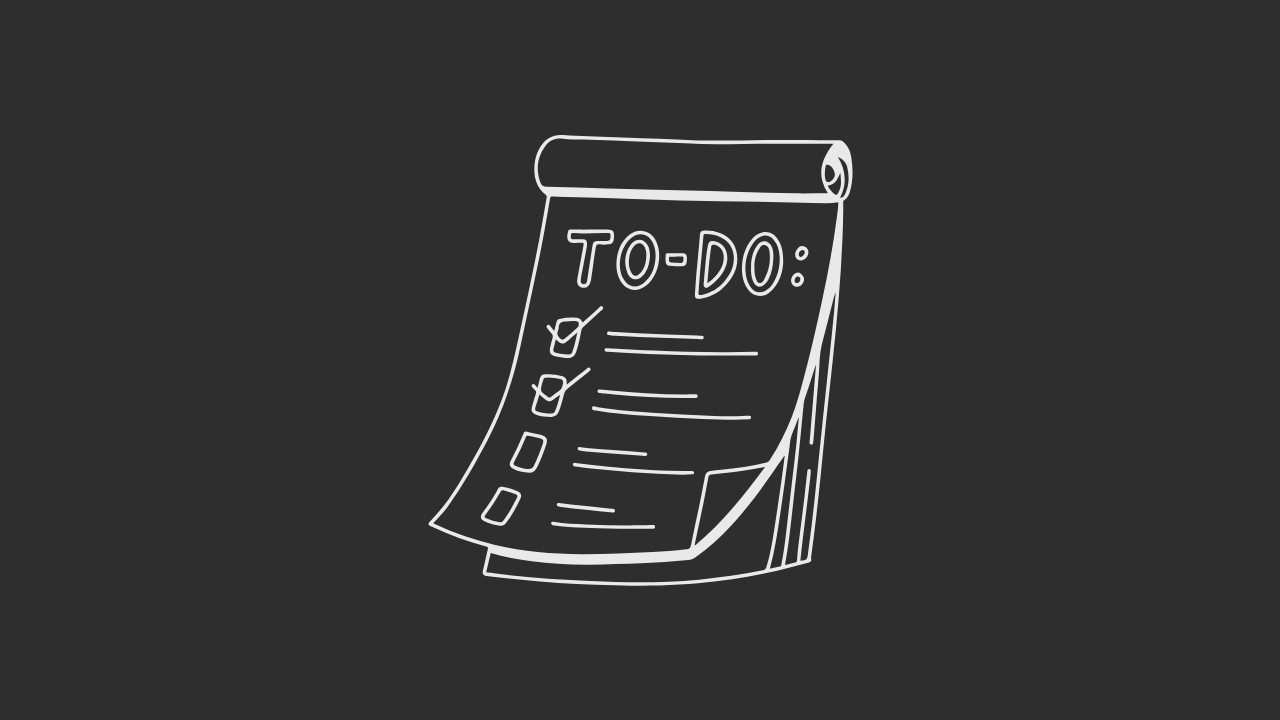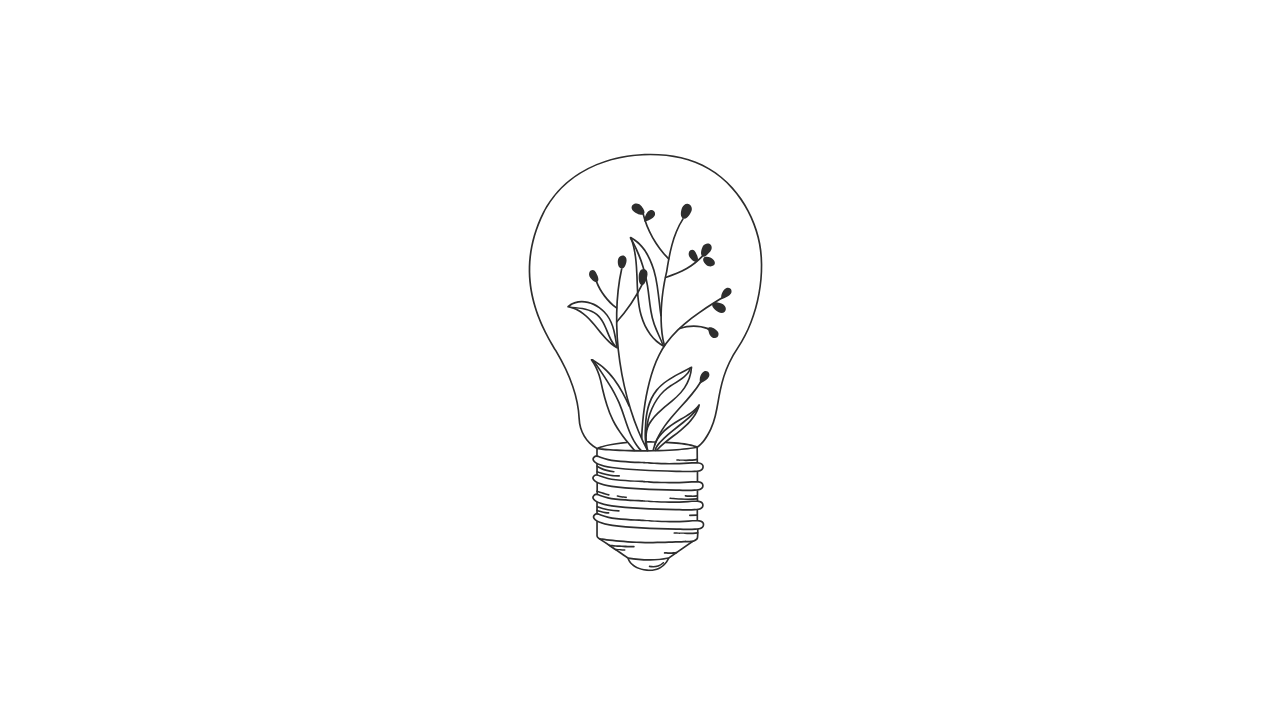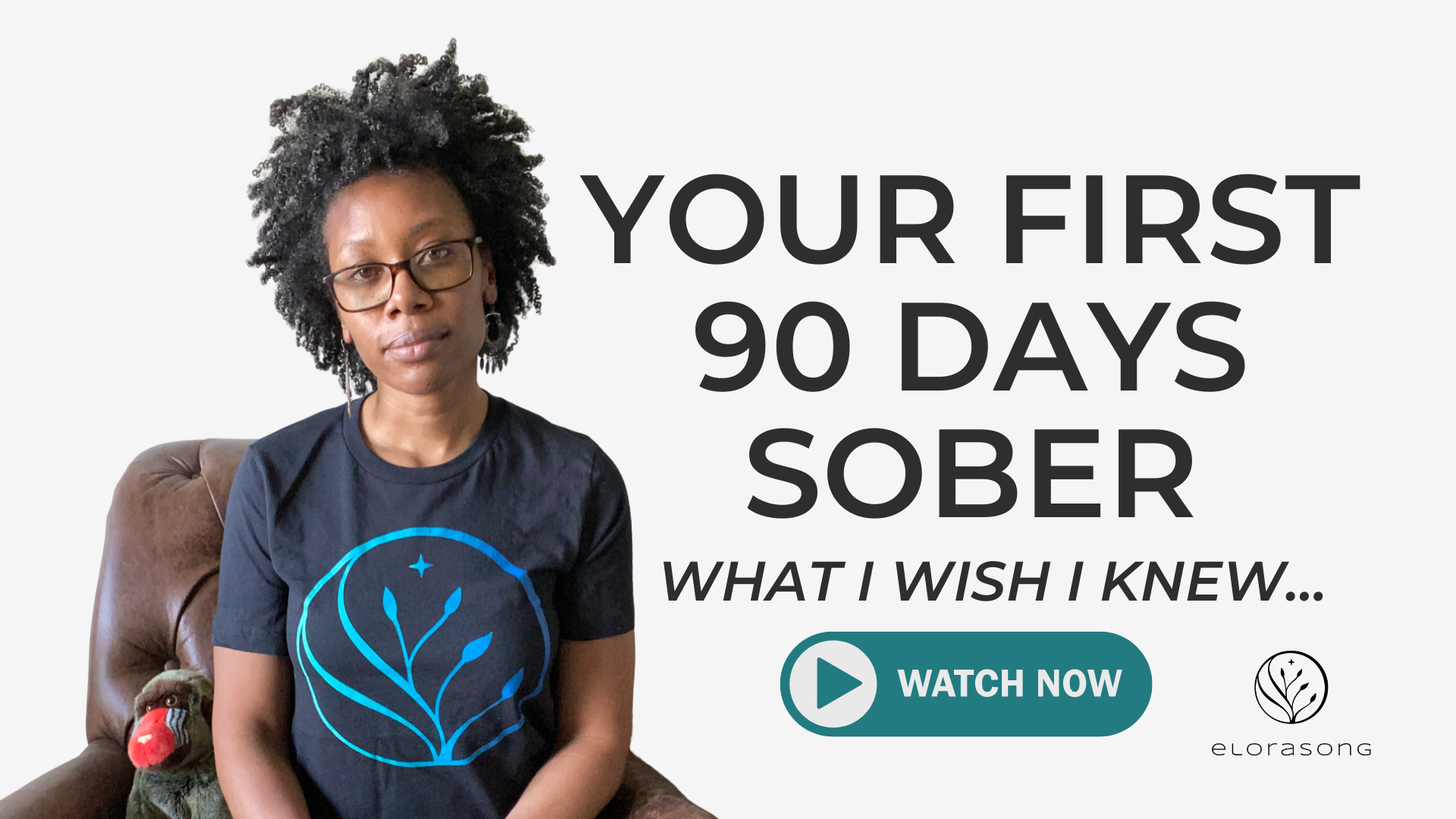
What I Wish I Knew in the First 90 Days of Sobriety
May 21, 2025In early sobriety, everything feels unfamiliar. Time moves slowly. Emotions rise without warning. And you start to wonder if you're doing it “right”. I remember those first 90 days like a blurry photograph—my body showing up, my spirit unsure. I was weary, confused, and quietly desperate for something—anything—to confirm that the discomfort was worth it.
I was doing the work, but the results weren’t instant. What helped me stay the course wasn’t perfection. It was honesty, structure, and support. More than anything, it was giving myself permission to try different tools until something stuck.
90 Meetings in 90 Days—But Do It Your Way
One of the first suggestions I received was to attend 90 meetings in 90 days. At first, I balked. Then I learned to adapt the practice to work for me. If you’re attending in person, bring a notebook. Ask for a signature afterward—not for proof, but for personal accountability. If you’re showing up to virtual meetings, create your own check-in log—a Word doc or PDF—and ask the facilitator to initial it. Most people will be glad to help.
The goal isn’t perfect attendance. The goal is to get into a rhythm and routine. You are training your body and your spirit to show up for yourself. That’s where the healing begins.
Accountability Partners: Use Discernment, Not Desperation
Accountability partners can be powerful. But they also require discernment. If your partner isn’t serious about their sobriety, their relapse—or worse, their death in addiction—can be devastating. Watching someone you care about suffer in real time is a heartbreak you can’t unsee.
However (comma), that pain serves as a mirror. As the saying goes, “But for the grace of God, there go I”. I’m reminded that it could be me, and it brings to center stage my “why” for staying sober. Self-trust means learning who you can lean on, and when it’s time to stand on your own. There’s wisdom in discernment.
You’re Allowed to Leave Rooms That Don’t Feel Right
Please hear me when I say this: if a meeting or room doesn’t feel safe, you are allowed to leave. If the environment is dismissive, racially uncomfortable, or doesn’t resonate with you, it’s not for you.
As a Black woman in recovery, I already carried enough feelings of unworthiness. I didn’t need to sit in spaces that invalidated or ignored my full identity. One woman once said in a meeting, “We don’t get to turn off our skin color just to step into recovery.” That stayed with me.
You deserve spaces that see all of you—your history, your hurt, your healing. And I promise, like the elorasong Healing Hub, those spaces exist. Find them. Stay there. Heal there.
Collect Numbers—Even If It Feels Awkward
Start gathering contact information from people who make you feel seen. Yes, it’s awkward at first but those who genuinely want to support your sobriety will do so without hesitation.
Also, when you reach out, especially in early recovery, check your motives. Are you seeking support or looking for something to fill the void? When your motives are honest, your connections will be, too.
Volunteer to Stay Grounded in Purpose
Sometimes the best way to reconnect with your own humanity is to show up for someone else’s. Volunteering at shelters, food banks, or community events reminded me that even in my uncertainty, I still had something to give.
There’s healing in service. It doesn’t have to be perfect—it just has to be sincere.
Move Your Body to Hear Your Spirit
Movement became a quiet form of therapy for me. I joined Jazzercise for a whole year (yes, I said it). Walking trails, visiting the beach, hitting the gym—all of it helped me reconnect with my body, which I had numbed for years.
You don’t need to move for performance. Just move to learn how to listen to your body again.
Creativity Helps You Rediscover Who You Are
Sobriety isn’t about deprivation—it’s about rediscovery. I made playlists that made me cry, sing, and dance. I colored. I journaled. I wrote poetry and went on solo museum trips. I took drives with no destination. I visited the park just to feel the breeze upon my face, be one with nature, and remember that I was still alive.
Each creative act helped me piece together who I was beyond survival and who I’m still becoming.
When Sobriety Feels Like It’s Not Working
There will be days—maybe many—when you question ever-y-thing. When you wonder if sobriety is even working. In those moments, ask yourself:
- Why am I doing this?
- Who am I doing this for?
- Where am I spiritually—really?
Reevaluate what’s working. Release what’s not. Try new things. Stay gentle with yourself. Stay curious. Even now, eight days shy of 18 years sober, I’m still learning, reexamining, and evolving.
Because “everywhere you go, there you are.”
If I Could Speak to My Day-One Self …
If I could go back to that first day of sobriety, I’d say:
“You’re not failing—you’re redefining your standard of success.”
“Sobriety will feel heavy, keep lifting. Your future Self will thank you.”
“Give yourself permission to heal in your own way. Stumble, trip, fall, and get back up again.”
And to you, wherever you are in your first 90 days—know this:
You are not alone.
You are not broken.
You are being planted.
Wherever you are in your recovery, there’s something here for you—whether it’s resources, community, or coaching. Explore the elorasong recovery collection and see what speaks to you
Until next time … stay encouraged.
Elora





